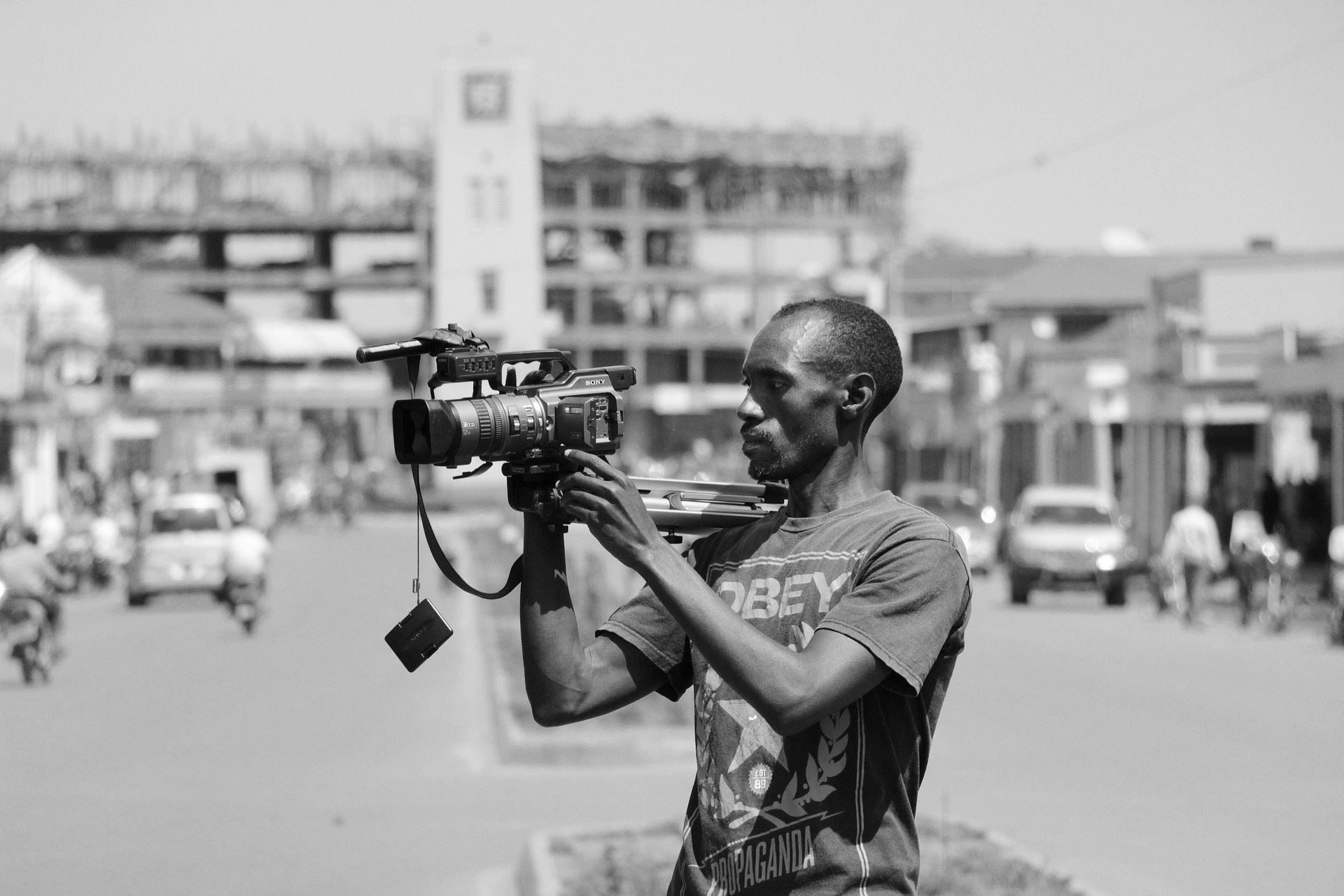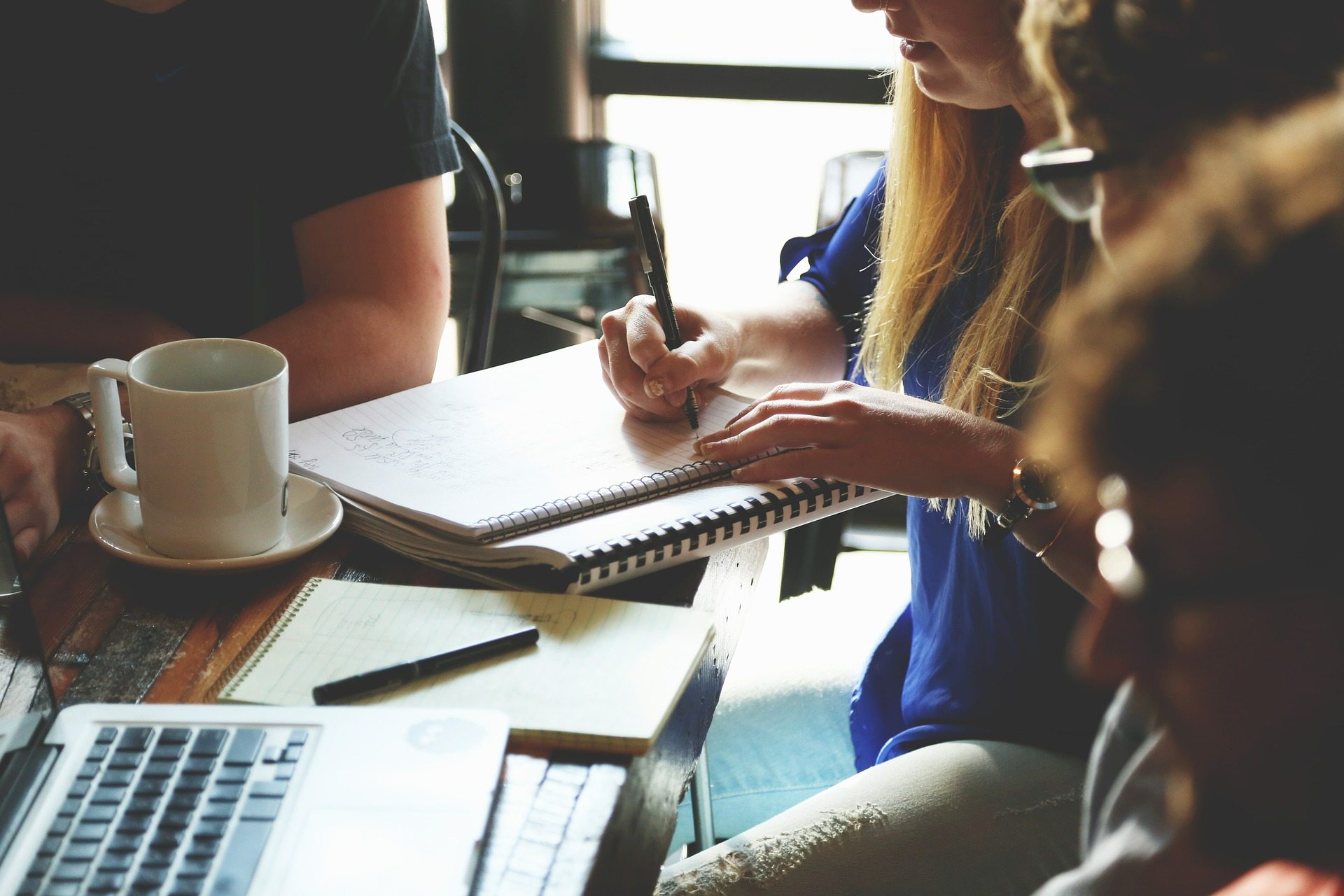Challenge
Connect journalists and health experts in Africa and build trust between them.
Solution
In-depth interviews with African health experts and journalists to understand sensitive issues, leading to a platform that empowers journalists to write better stories, and experts to share their knowledge in confidence.
Services
- Discovery workshops
- Skype research interviews
- Personas
- Sketching / Wireframing
- UX design
- Remote user testing
Background
On Our Radar and World Federation of Science Journalists, wanted research to guide the development of a service to improve the communication between journalists and health experts in Sub-Saharan Africa.
Health experts had become wary of tarnishing their reputation through ‘rogue’ journalists mis-reporting information. Coupled with governmental and religious scrutiny of the scientific community, health experts were avoiding journalists. This made it hard for honest journalists to access local health experts and was depriving local communities of important health information and advice.
Approach
Interviews with African journalists and health experts
I wrote interview scripts and conducted remote interviews with journalists and health experts from various African countries. In total the team conducted 19 in-depth telephone interviews, of which I conducted 9. I built rapport with the participants, giving them the confidence to open up about the sensitive issues affecting their work.
Hearing from both sides of the dialogue gave me a unique insight into the needs and motivations of journalists and experts. Most importantly I could identify the root cause of the issue between health experts and journalists: a lack of understanding of one another’s constraints and motivations.
Building trust would be a major factor in improving communication between journalists and experts. Journalists needed guidance on how to approach experts and ask the right questions. Experts were mostly keen to share their knowledge, but worried about being ‘pestered’ and needed reassurance that their information would be presented accurately.
Research findings analysis
A huge amount of information was collected in the user research. I facilitated and participated in a half day workshop to distil the findings and produce actionable suggestions.

Turning research into findings
Research notes were written on post-its and colour coded according to whether they were positive or negative. Each participant was given all the notes from one interview section to group. Each group represented a finding and the number of positive or negative notes gave a quantitative measure to the significance.
Personas and user journeys
The user types were broken down into 3 journalist personas and 2 health expert personas. The journalist user journey could follow a few different scenarios. I illustrated the scenarios with a user journey map showing where the flows were aligned, where they separated and the impact on the user. To conclude the research piece, I wrote up a summary of findings for the research report.
Design and user testing
Journalist’s devices varied and internet connection was not always reliable. I created sketches, Balsamiq wireframes and mockups designed to perform on slow connections and older devices, as well as being responsive for mobile.
I wrote copy to guide journalists in their communication with health experts. For example, experts wanted to know a journalist’s slant on a story upfront, so that they knew they weren’t going to be misrepresented.
I wrote user test scripts and conducted remote user testing over Skype with African journalists. A few small issues around search behaviour were identified and ironed out after testing. Feedback was overwhelmingly positive and journalists couldn’t wait to sign up.
Deliverables
The findings from the research helped lead the project team to a solution that was simpler and more effective than the client initially anticipated. The service is a product of subtle user needs; revealed by thorough user research and analysis.
Designed to foster trust, the platform connects journalists and health experts in Africa and facilitates communication. Journalists reassure health experts of their legitimacy with a profile and links to examples of their work. Health experts can tag their profile with their specialities to be discovered.
Both user groups are time sensitive. Journalists are advised of an expert’s communication channels so they know the most effective way to get in touch. Journalists can also find general information on popular topics summarised in the ‘Resource Centre’ – saving experts time answering basic questions at interview.
The platform is now live and is already connecting journalists and health experts. There are approximately 100 experts and 200 journalists signed up.




















